
photo courtesy: NOAA
Tackling Plastic Pollution (starts at 3:09): It is, sadly, common for beachcombers around the world to see, along with clam shells and sand dollars, plastic bottles, bottle caps, cigaret filters and fish nets washed up on shore. According to estimates by World Economic Forum, our oceans will be populated by more pounds of plastic waste than fish by 2050. About a third of all plastic that is produced does not get properly collected; instead, much of it ends up floating in the ocean, or clogging the guts of innocent albatross, other birds and sea mammals. It could take 450 years, or forever, for plastic to completely biodegrade. Plastic waste just breaks down (photo-degrades) into tiny bits, causing harm to wildlife and, potentially, humans. How On Earth host Susan Moran and contributing host Jeff Burnside interview two guests who are working in different ways to assess the extent of the problem and its impacts, to educate people about it, and to effect positive change. Dr. Jenna Jambeck, an associate engineering professor at the University of Georgia, lead-authored a seminal paper in 2015 that estimated how much plastic waste is in the ocean. She will soon co-lead an all-female National Geographic expedition to study plastic pollution in India and Bangladesh. Laura Parker is a staff writer at National Geographic magazine covering climate change and ocean environments. She won the Scripps Howard award for environmental reporting her June 2018 National Geographic cover article titled “Planet or Plastics?”
Hosts: Susan Moran, Jeff Burnside
Producer: Susan Moran
Engineer: Evan Perkins
Executive Producer: Joel Parker
Listen to the show here:
Podcast: Play in new window | Download (Duration: 26:27 — 24.2MB)
Subscribe: RSS

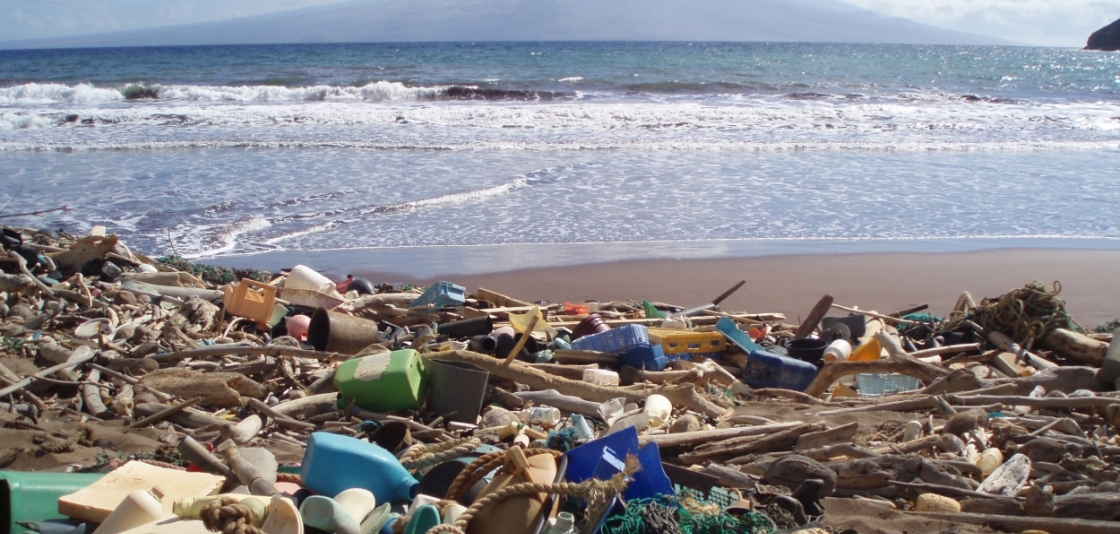



 A Consumer’s Guide to Pesticides in Produce (starts 7:55) You may be wondering if you washed the strawberries, blueberries or kale that you had for breakfast this morning enough to rid them of residue of potentially harmful pesticides. That is, if they were conventionally, not organically, grown. According to the U.S. Department of Agriculture, more than 200 different pesticides remain in some form on popular fruits and vegetables that Americans eat every day. And before testing all the produce, the USDA thoroughly washes and peels them. Such tests show that simply washing produce does not remove all pesticides. In a recently released report, as part of its
A Consumer’s Guide to Pesticides in Produce (starts 7:55) You may be wondering if you washed the strawberries, blueberries or kale that you had for breakfast this morning enough to rid them of residue of potentially harmful pesticides. That is, if they were conventionally, not organically, grown. According to the U.S. Department of Agriculture, more than 200 different pesticides remain in some form on popular fruits and vegetables that Americans eat every day. And before testing all the produce, the USDA thoroughly washes and peels them. Such tests show that simply washing produce does not remove all pesticides. In a recently released report, as part of its 
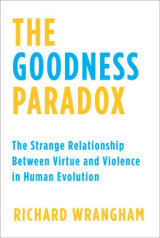 The Goodness Paradox (Teaser): Today’s spring pledge-drive show features brief clips from a recent interview with
The Goodness Paradox (Teaser): Today’s spring pledge-drive show features brief clips from a recent interview with 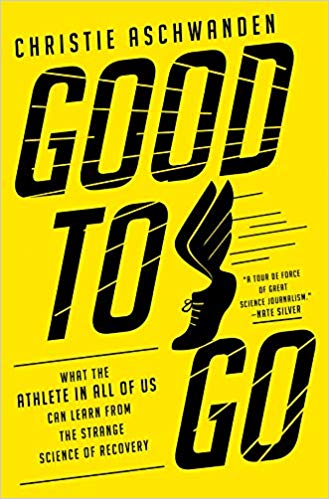
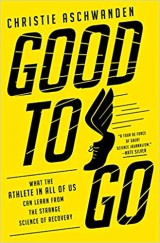 Athlete’s Guide to Recovery (starts at 5:39): Colorado is riddled with athletes, many of them incessantly chasing the latest recovery products and services that will enhance their performance — from Gatorade and other ubiquitous sports-recovery drinks, to supplements, to compression boots, to cryochambers, to good old-fashioned massages. How solid is the solid the science behind the multi-million marketing campaigns?
Athlete’s Guide to Recovery (starts at 5:39): Colorado is riddled with athletes, many of them incessantly chasing the latest recovery products and services that will enhance their performance — from Gatorade and other ubiquitous sports-recovery drinks, to supplements, to compression boots, to cryochambers, to good old-fashioned massages. How solid is the solid the science behind the multi-million marketing campaigns? 

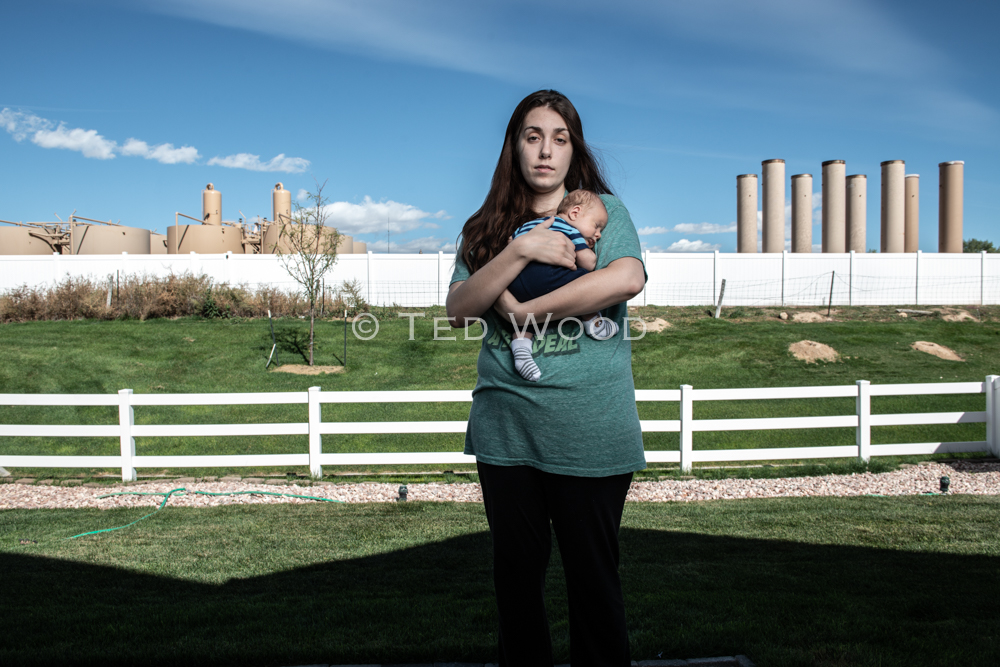
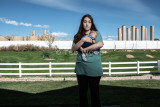
 Healthy Planet+Healthy Humans? (start time: 14:46)
Healthy Planet+Healthy Humans? (start time: 14:46) 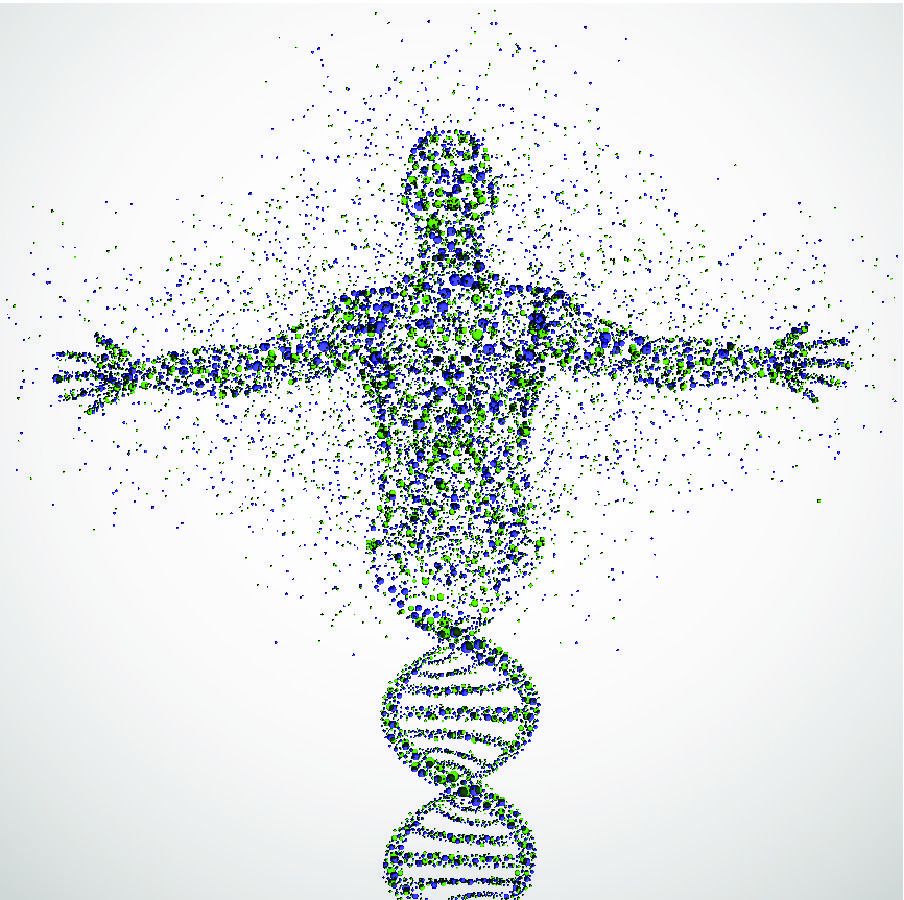
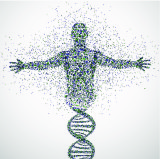 Regenerative Medicine (start time: 7:30): We begin our series on
Regenerative Medicine (start time: 7:30): We begin our series on 
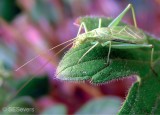

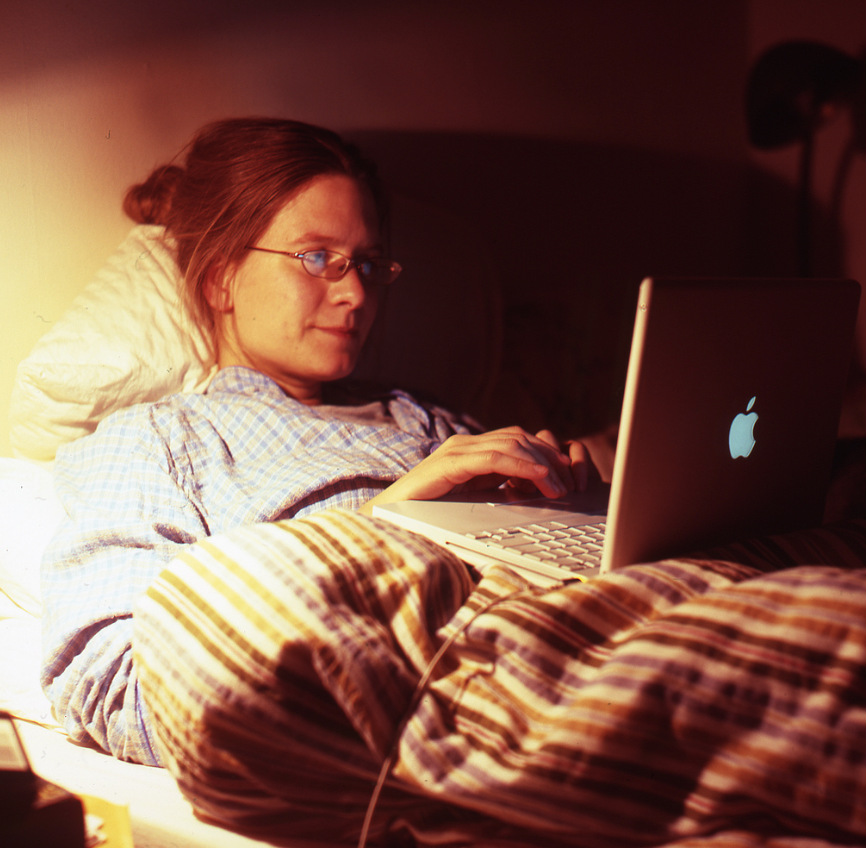
 This week’s How On Earth offers two features:
This week’s How On Earth offers two features: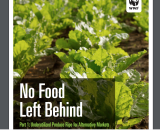 Fixing Food Waste (start time: 17:59) We’re all guilty of it: waste. Tossing out peaches, broccoli and other food that has gone bad in the fridge. Or leaving pasta on our plate untouched at an Italian bistro. More than one-third of all food that is produced in the United States is wasted – in the field, at restaurants, in our own kitchens. The conservation organization World Wildlife Fund recently published a report on the huge environmental and health impacts of food waste, and on what can be done to reduce waste, and ultimately preserve grasslands and other natural habitat. Monica McBride, manager of
Fixing Food Waste (start time: 17:59) We’re all guilty of it: waste. Tossing out peaches, broccoli and other food that has gone bad in the fridge. Or leaving pasta on our plate untouched at an Italian bistro. More than one-third of all food that is produced in the United States is wasted – in the field, at restaurants, in our own kitchens. The conservation organization World Wildlife Fund recently published a report on the huge environmental and health impacts of food waste, and on what can be done to reduce waste, and ultimately preserve grasslands and other natural habitat. Monica McBride, manager of 

